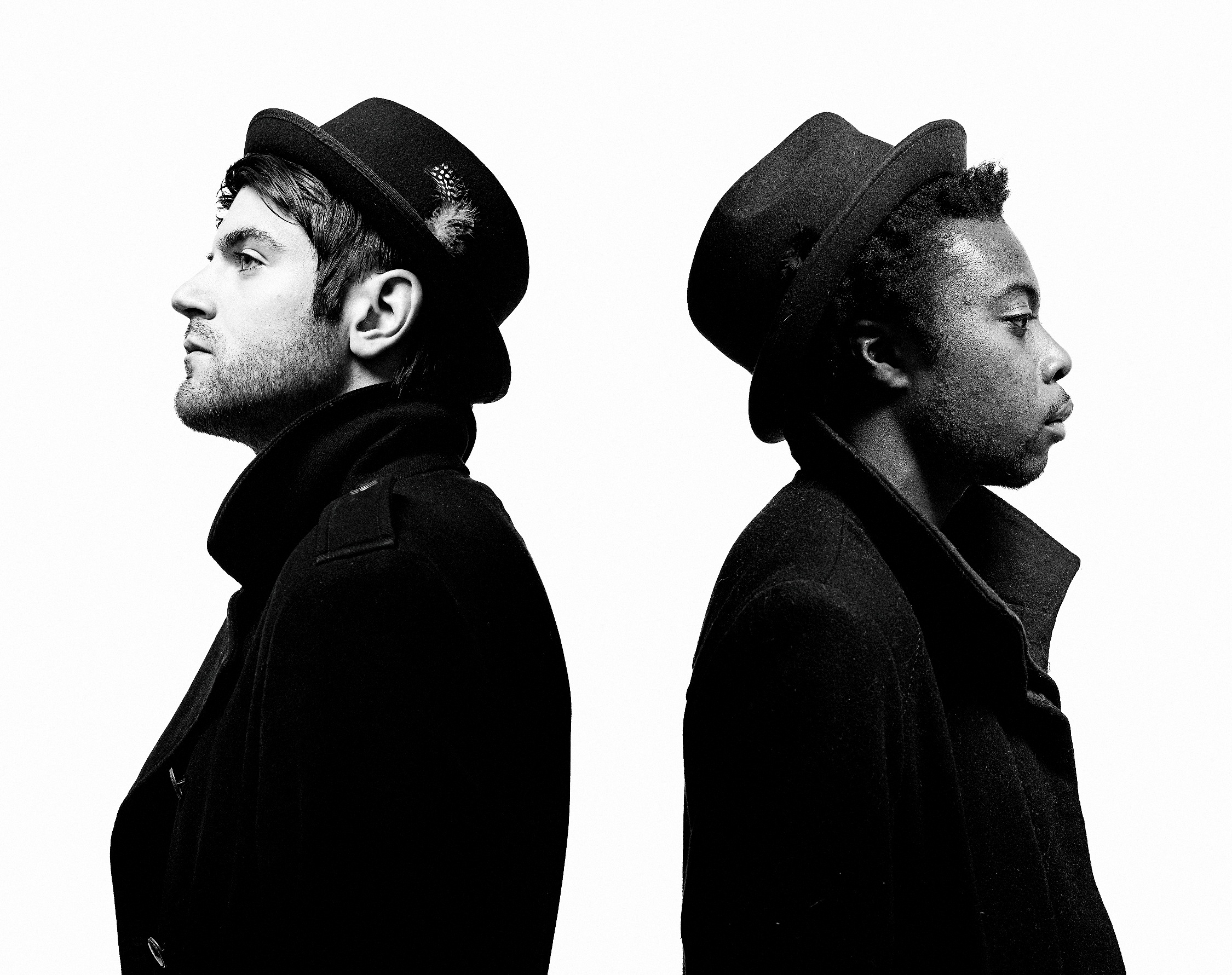While most reggae-inspired bands are more likely to originate in Kingston, Jamaica rather than Kingston, Ontario, the Toronto-based Bedouin Soundclash is just that.
This Wednesday, the band will bring its own spin on reggae music to Los Angeles in its first-ever performance at the Roxy Theatre in West Hollywood.
Singer and guitarist Jay Malinowski and bassist Eon Sinclair formed Bedouin Soundclash while attending Queen’s University in Kingston, Ontario, Canada and have spent the past seven years creating music that fuses folk, rock, and pop influences with reggae and ska undertones.
“To call them just a reggae band wouldn’t do their sound justice,” said Dave Guenette, the band’s manager. “They have so many different angles to their sound. A 17-year-old Rancid fan could enjoy them, but so could my mother in Toronto. Their tastes are very eclectic, and their sound is very accessible.”
The band’s recent EP, “Where Have The Songs Played Gone To?” is a five-track spectacle of the band’s increasingly creative and natural ability to shuffle between high-energy ska, mellow acoustic crooning, fast-paced punk and everything in between. Its latest album, “Street Gospels,” released in 2007, has received critical acclaim and has distinguished the group as one of the most innovative in its genre today. Its 2006 single, “12:59 Lullaby,” has become one of its best-known tracks after being featured in an episode of the third season of “Grey’s Anatomy.”
One of Bedouin Soundclash’s distinguishing features is singer Jay Malinwoski’s voice, which sounds more folk-inspired than the typical reggae singer.
“I got into reggae through The Clash,” Malinwoski said, “but growing up, my mom was also telling me to listen to Neil Young, Paul Simon and Bob Dylan. I also think there’s a huge folk aspect to Joe Strummer.”
Sinclair notes that the band’s various influences have made its music difficult to categorize, recalling, “I’ve gone into record stores to see our albums in rock sections, folk sections, world sections. I even found our album in an electronic section, which was weird.”
The band members attribute their Toronto surroundings to giving the group a more rock-oriented sound.
Malinowski points out the differences as “an East Coast versus West Coast dynamic. My style is definitely a lot harder than most of what’s out there.”
Another recent inspiration for Bedouin Soundclash came from opening for No Doubt on several dates of the band’s summer tour this year. After throwing its name into a pool of applicants, it was No Doubt bassist Tony Kanal’s admiration for Bedouin Soundclash that landed the opening gig and gave the band some of its largest audiences to date.
“You can know so many tour managers,” Guenette said, “but if a member of the band is a fan, nothing beats that. It really blew us away.”
Malinowski said he can relate to No Doubt’s musical sound and draws parallels between the two bands.
“They came from the same ska angle and took the music somewhere completely different,” he said.
It appears that his band members agree.
“Right now, the two big, mainstream shows that would musically make sense for us are No Doubt and The Police,” Sinclair said. “They’re two groups with a sound that we can relate to. So, to see and be part of (No Doubt’s) live show was very inspiring.”
Bedouin Soundclash not only opened for No Doubt earlier this summer, but also performed alongside the band during its encore.
Malinowski said that, more than anything, the band members’ positive energy and consideration for their fans are what stood out the most and have since inspired Bedouin Soundclash’s live shows.
But besides the vast amount of eclectic sounds the band has drawn inspiration from and fused into its own music, Guenette believes that it’s still the band’s reggae-ska genesis and Southern California’s association of reggae music with beaches and warm weather that has and will continue to make the band so well-received with local audiences.
“There is definitely a summertime feel, which makes for a great California sound that the people in Los Angeles and San Diego really like,” Guenette said.
Sinclair, for one, doesn’t mind the summer association but also hopes fans can see beyond that association.
“Reggae is much more dynamic than summer music,” Sinclair said. “Here in Toronto, we only have two months of summer.”
